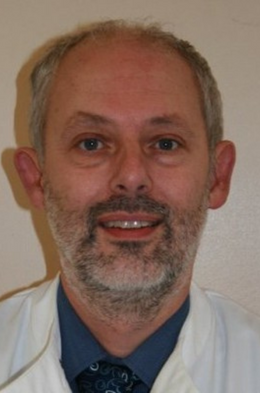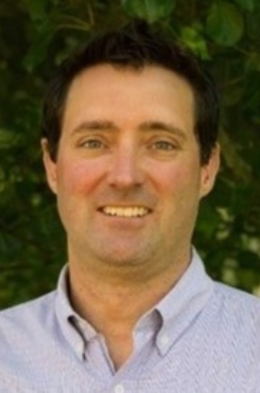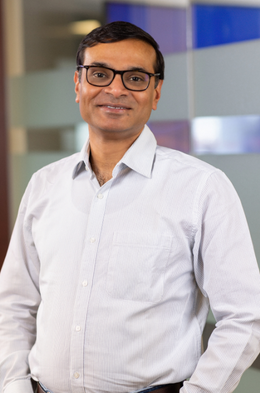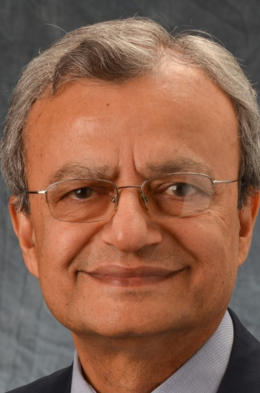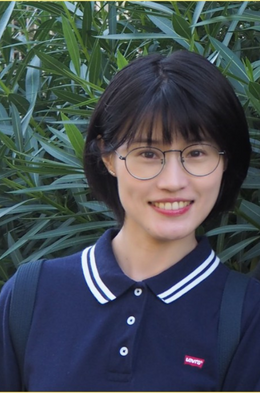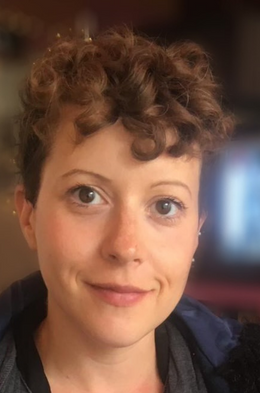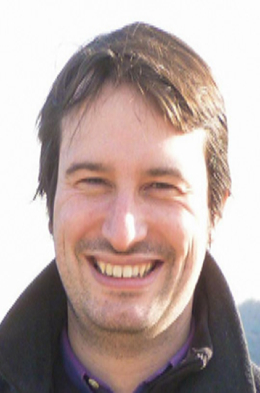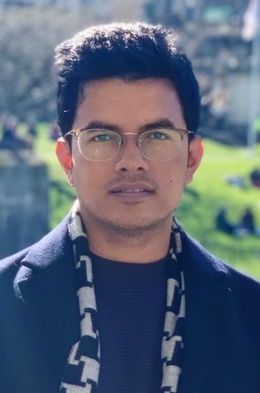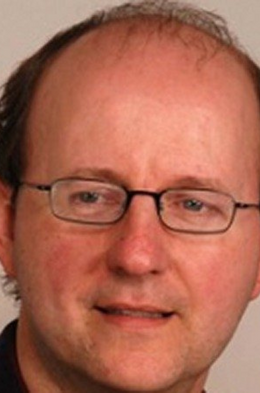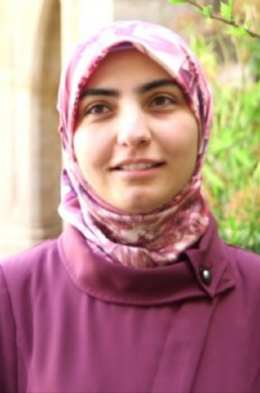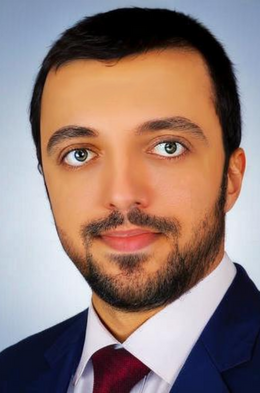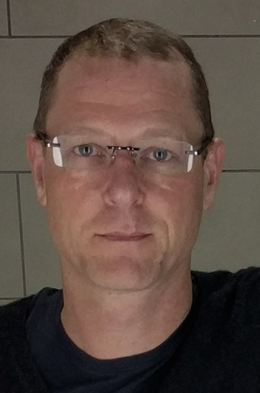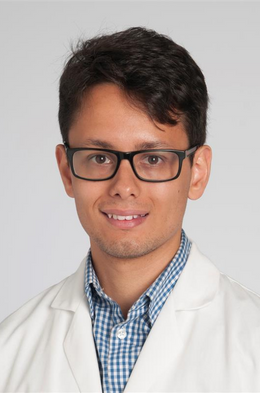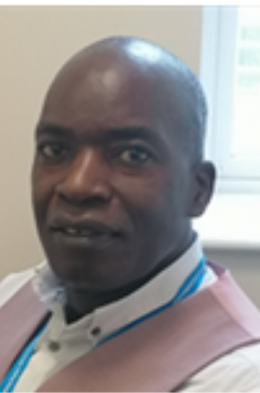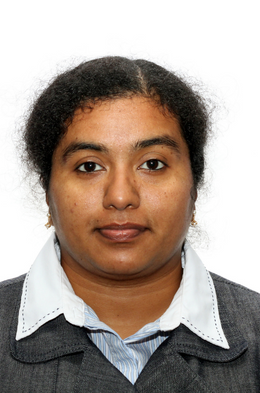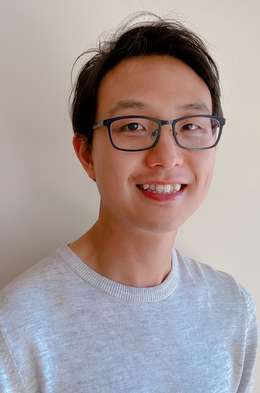I started Histopathology training late in 2012, my main aim then was to
be competent enough to pass specialty exams and progress to the next level.
I completed my master’s degree in Pathology in 2017, and became a fellow of the Royal college of Pathologists in 2019. I am also an active member of several Pathology societies including the USCAP, the BDIAP and ESP. Additionally, I am an associate member of the Academy of Medical Educators and a board member of the Manchester Medical Society. I am also a peer reviewer for Cureus Journal.
My work experience includes Histopathology reporting, with a subspeciality interest in breast and GI Pathology, postgraduate and undergraduate teaching.
I am a strong advocate of digital Pathology and cautiously optimistic about the use of artificial intelligence in Pathology. I also endorse social media engagement for pathologists to educate in, and propagate Histopathology, and I have found the power of sharing knowledge on Twitter and Linked in to be second to none; it is abundant, accessible, free, and high quality.
I experienced academia when completing my master’s degree, and, as an early career doctor, I am very interested in identifying and pursuing research opportunities.
I believe Histopathology is a profession that lies at the exciting crossroads of clinical care, cellular biology, genetics and digital technology, with a never-ending learning curve, that proves to be continuously challenging and thought provoking.




